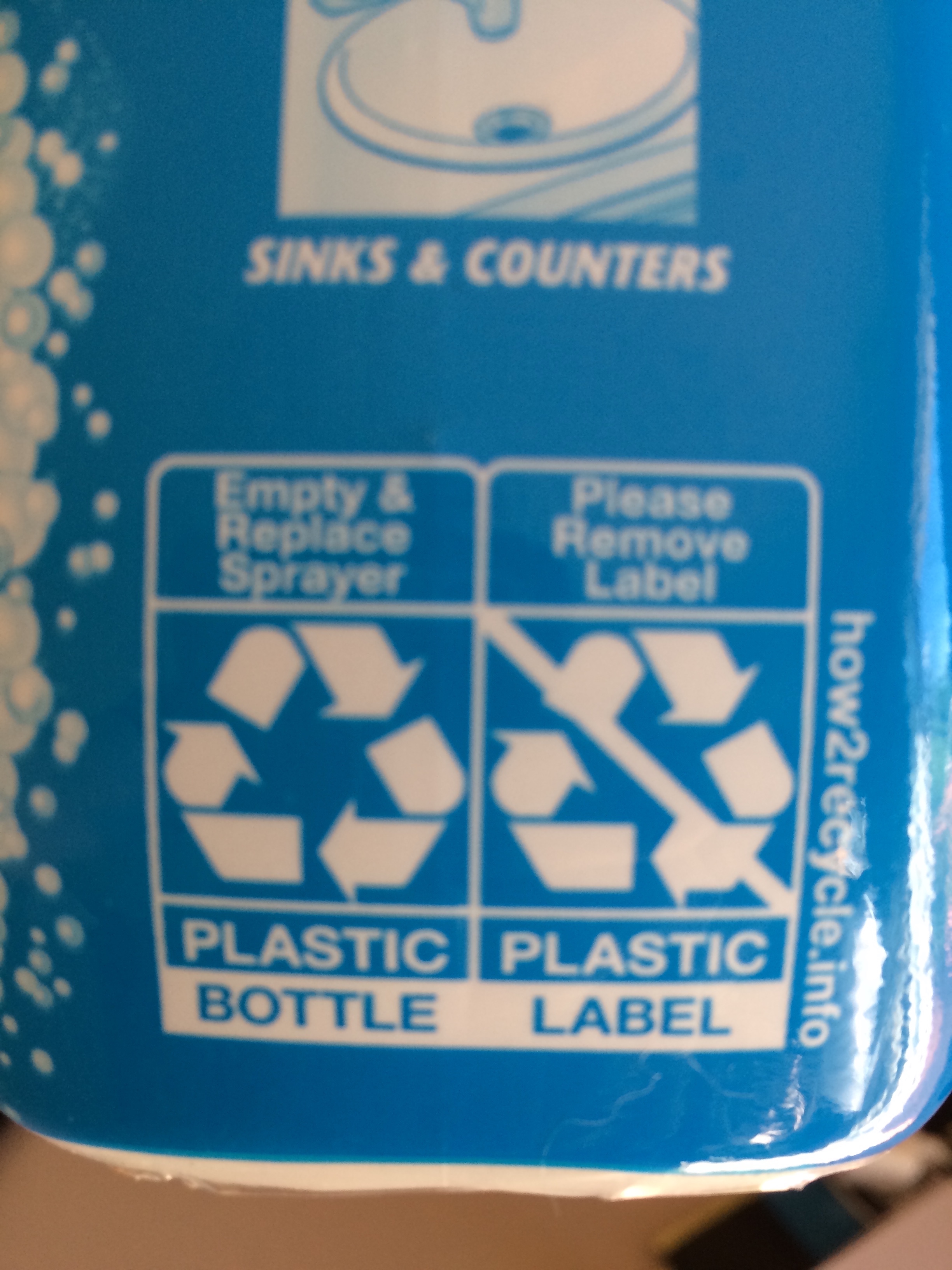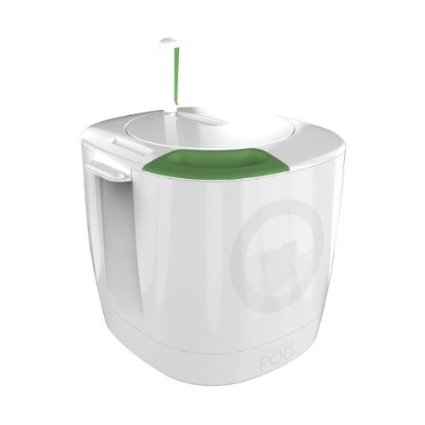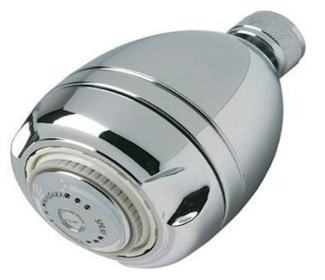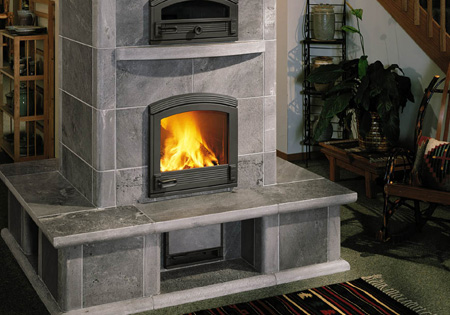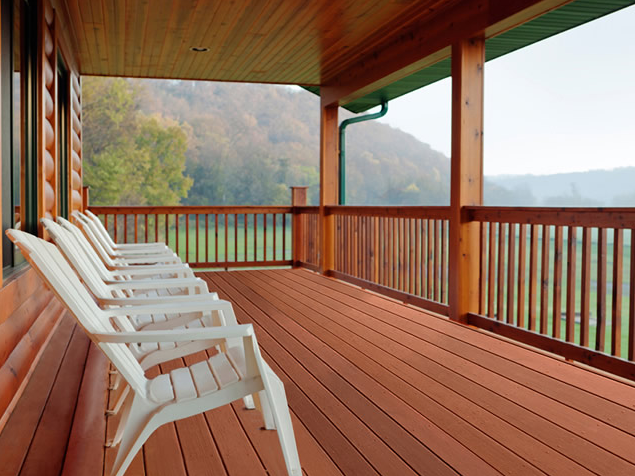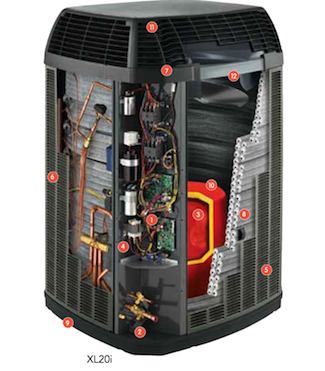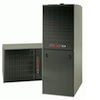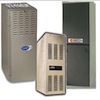Home HVAC Systems
Heating and cooling one's home can require a great deal of energy, especially in climates that experience extreme hot or cold temperatures. Half of a home's total energy usage goes to heating and cooling.
A green home is built to minimize all energy usage in order to reduce the home's overall impact on the environment. Much of today's energy comes from polluting fossil fuels such as coal and oil that contribute to climate change and environmental degradation. Using less of the energy created by burning these fuels means less pollution, and less money spent on energy bills.
Stay Comfortable Year Around With High Efficiency Home HVAC Systems
Today, there are more highly efficient home HVAC (heating, ventilation, air conditioning) systems available than ever before. Green Home Source homes are designed to utilize the latest, most efficient technology available to keep your home comfortable year-round, all while using as little energy as possible.
Search For Energy Star Rated Home HVAC Systems
All of the home HVAC systems recommended by Green Home Source are the best money can buy; efficient (Energy Star certified) and built for years of maintenance-free service. Major advancements in efficiency means that today's HVAC systems are much more efficient than those of just a decade ago. For existing homes, replacing old systems with newer, Energy Star equipment can slash yearly energy bills by $200.
Energy Saving Tips:
In addition to installing highly-efficient home HVAC systems, homeowners can do many things to further increase efficiency and cost savings. Some of these energy-saving tips include:
- Changing air filters regularly: check your home HVAC system's filters monthly, and replace them when they look dirty, and at least every 3 months. Dirty filters block air flow through the system, making it work harder and wasting energy. They also allow dust and dirt to build up in the system and air vents, which can lead to much more costly maintenance down the road.
- HVAC Tune-Ups: Just as your car will run better (and cleaner) with regularly scheduled maintenance, so will a home's HVAC system. Yearly tune-ups of a home's heating and cooling systems by a licensed professional will keep them running at their optimum efficiency level, and help identify potential problems before they turn into large, expensive, energy-wasting troubles. Furnaces that fail on the coldest day of the year, or air conditioners that break down on a 100 degree day usually have had problems beforehand that could have been fixed with regular maintenance.
- Programmable Thermostat: Busy families on the go tend to leave the heat or air conditioning set at levels too high (or low) when the house is empty. A programmable thermostat allows homeowners to pre-program temperature settings, and can save roughly $180 a year in energy costs.
- Sealing air ducts: Oftentimes, small leaks in a home's ductwork that carries air to and from a home HVAC system lead to big-time energy waste. Making sure ducts are properly sealed and insulated can improve HVAC efficiencies by as much as 20% or more! This is especially important in ducts that run through unheated spaces like attics, crawlspaces, basements, or garages.
Trane High Efficiency Gas Furnaces: A high-efficiency furnace is a critical part of any green home. Trane offers a line of Energy Star-certified furnace models to fit any home's size or budget.
With AFUE ratings of 90% to 96.7%, they deliver high levels of heating performance with some of the highest efficiencies in the industry.
Find more about Trane Furnaces here.
Bryant Evolution Energy Efficient Gas Furnaces:A new, high-efficiency furnace can greatly reduce a home's overall energy usage, and save $200 or more per year in energy costs over an older furnace. The Evolution System line of furnaces by Bryant are all Energy Star-approved, with AFUE ratings ranging from 95 to 97% efficiency.
Find more about Bryant Evolution Furnaces here.
comments powered by Disqus
